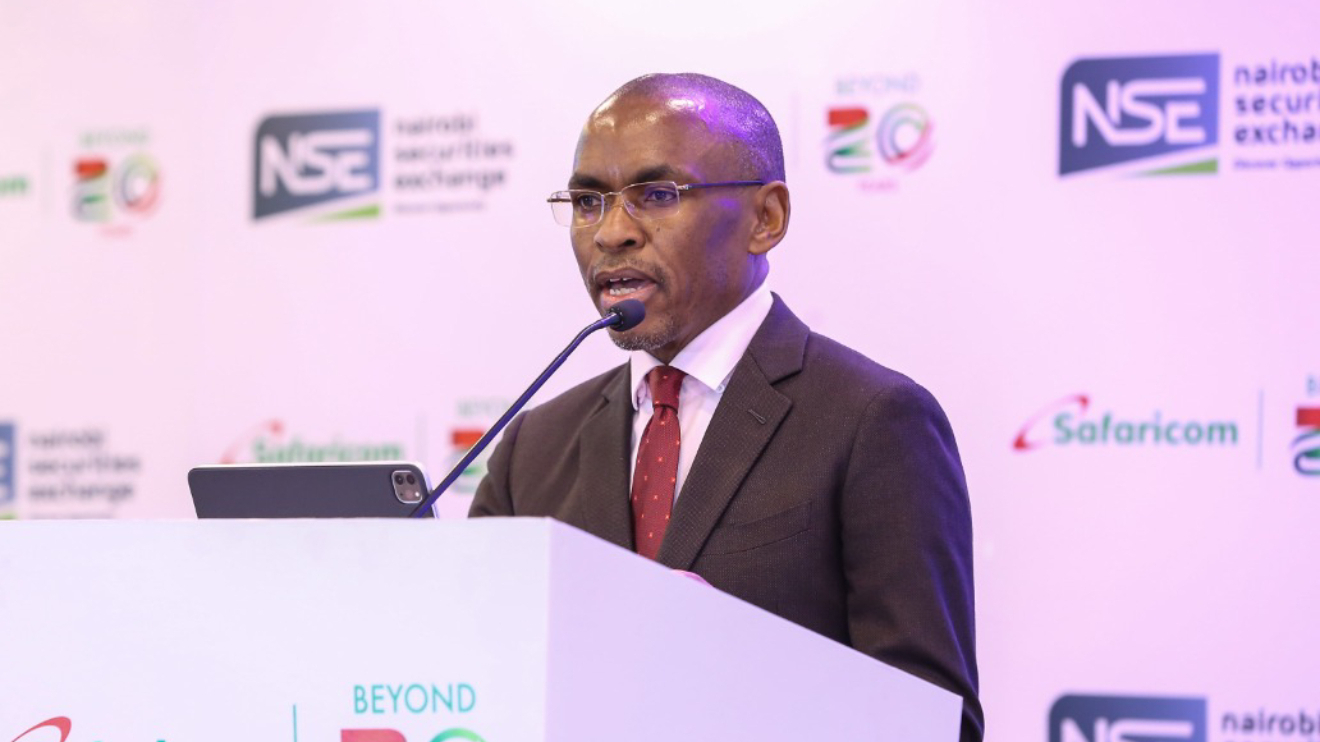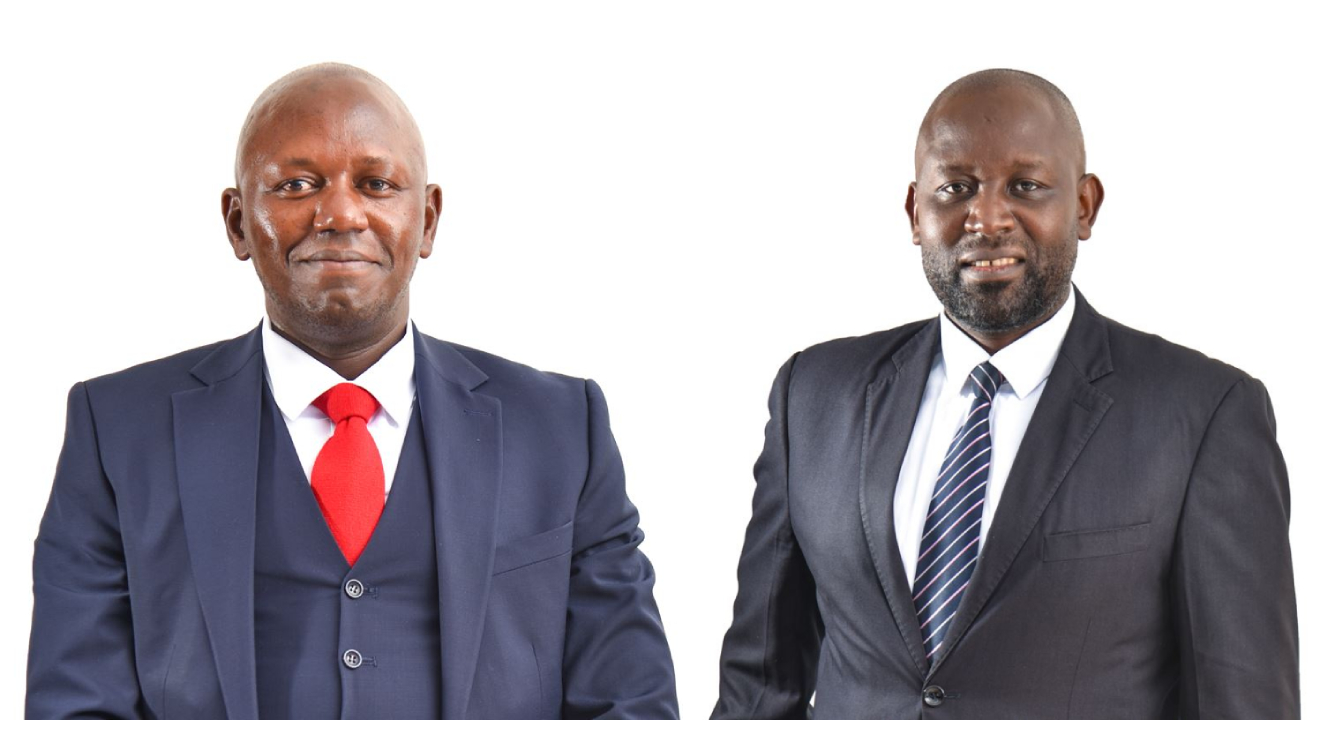Private and faith-based hospitals across Kenya will from Monday stop offering services under the Social Health Authority (SHA) scheme due to unpaid claims amounting to over Sh30 billion.
The Rural & Urban Private Hospitals Association of Kenya (RUPHA), which represents hundreds of healthcare facilities nationwide, announced the indefinite suspension, citing financial distress and an unsustainable reimbursement model.
According to RUPHA, the decision follows months of unsuccessful engagements with the government, unfulfilled promises, and worsening financial strain that now threatens the survival of healthcare institutions.
"This decision has not been made lightly. It follows months of failed engagements, unfulfilled promises, and growing financial distress among hospitals, which now threatens the very survival of healthcare institutions across Kenya," RUPHA said.
In a statement RUPHA released, it noted that hospitals are struggling under the burden of unsettled NHIF claims dating back to 2017, leading to mass job losses, loan defaults, shortages of essential medicines, and unpaid specialists.
Read More
RUPHA said that pharmaceutical suppliers have blacklisted hospitals unable to clear outstanding bills, while tax obligations on non-existent NHIF payments have further worsened financial instability
. "Hospitals are required to declare NHIF claims as income for tax purposes, despite these claims remaining unpaid. This has led to tax liabilities and penalties, further depleting already meagre resources," RUPHA stated.
Despite these financial pressures, RUPHA said SHA has refused to settle the NHIF arrears, arguing that it is not responsible for liabilities accrued under the defunct NHIF.
"Despite these alarming realities, the Social Health Authority (SHA) has flatly refused to settle these debts, arguing that NHIF liabilities are not its responsibility. This stance has pushed hospitals into a financial abyss, leaving them unable to deliver essential healthcare services," the association said.
RUPHA also pointed out significant failures in SHA’s operations, citing findings from the 7th SHA Transition Status Report.
"Eighty-nine per cent of hospitals reported that the SHA claims portal remains non-functional, making it impossible to process reimbursements. Hospitals cannot track claims, leading to massive payment delays," RUPHA stated.
Additionally, the association noted that over half of hospitals had not received any payments since December 2024, with no clarity on the few disbursements made.
"Fifty-four per cent of hospitals have not received any payments from SHA since December 2024. Those that received payments reported no transparency on what the payments were for, making financial planning impossible," RUPHA said.
The association also revealed that the verification of patients has also been a major challenge, with system failures leading to care denials.
"Eighty-three per cent of hospitals reported serious difficulties verifying patient eligibility due to SHA system glitches, leading to denial of care for patients in urgent need," RUPHA reported.
The association further criticised SHA’s outpatient reimbursement model, which it termed as unrealistic and unsustainable. "
The new SHA outpatient reimbursement model, which proposes to pay hospitals less than Sh75 per patient per month, is completely unrealistic," RUPHA stated.
The association warned that under such a model, hospitals would be unable to pay staff, procure medicines, or maintain critical healthcare operations.
"This model is a direct threat to patient safety, forcing hospitals into cost-cutting measures that will compromise the quality of healthcare. We refuse to put Kenyan lives at risk," RUPHA said.
In addition to withdrawing from SHA, RUPHA announced that its members would no longer provide care under the Medical Administrator Kenya Limited (MAKL) scheme, which covers police officers and teachers.
The association cited non-payment and unfair business practices as the reasons behind this decision.
"MAKL has failed to pay hospitals for over 11 months, forced hospitals to accept arbitrary and unexplained discounts, and favoured its own clinics in an uncompetitive and unethical manner," RUPHA said.
The association is calling on the government to urgently address the crisis by settling the Sh30 billion NHIF arrears, revising the SHA outpatient reimbursement model to reflect actual operational costs, and ensuring timely payments under MAKL.
"For the sake of Kenyan patients, RUPHA calls upon the government to act immediately by settling the Sh30 billion NHIF arrears, either through full payment or a clear, transparent settlement plan," RUPHA stated.
With private and faith-based hospitals pulling out of SHA services, patients will now have to make cash payments at these facilities.
"We deeply regret that from Monday, 24th February 2025, patients seeking care under SHA will need to make cash payments at private and faith-based hospitals," RUPHA said.
However, the association signalled its willingness to cooperate with the government if concrete solutions were provided. "
We stand ready to work with the government if real solutions are presented. However, we cannot continue subsidising a broken system at the cost of patient safety and hospital sustainability," RUPHA said.
RUPHA’s decision to suspend SHA services marks a critical turning point in Kenya’s healthcare landscape, highlighting deep financial and operational challenges within the new health insurance framework.
With billions in unpaid claims, a flawed reimbursement model, and non-functional systems, hospitals are struggling to sustain quality care.
As private and faith-based facilities withdraw, millions of Kenyans could face disruptions in accessing treatment, particularly those reliant on SHA coverage.
The government now faces mounting pressure to urgently resolve these issues, as failure to act could further strain an already fragile healthcare system, leaving patients with limited options and potentially dire consequences.

-1740145347.jpg)
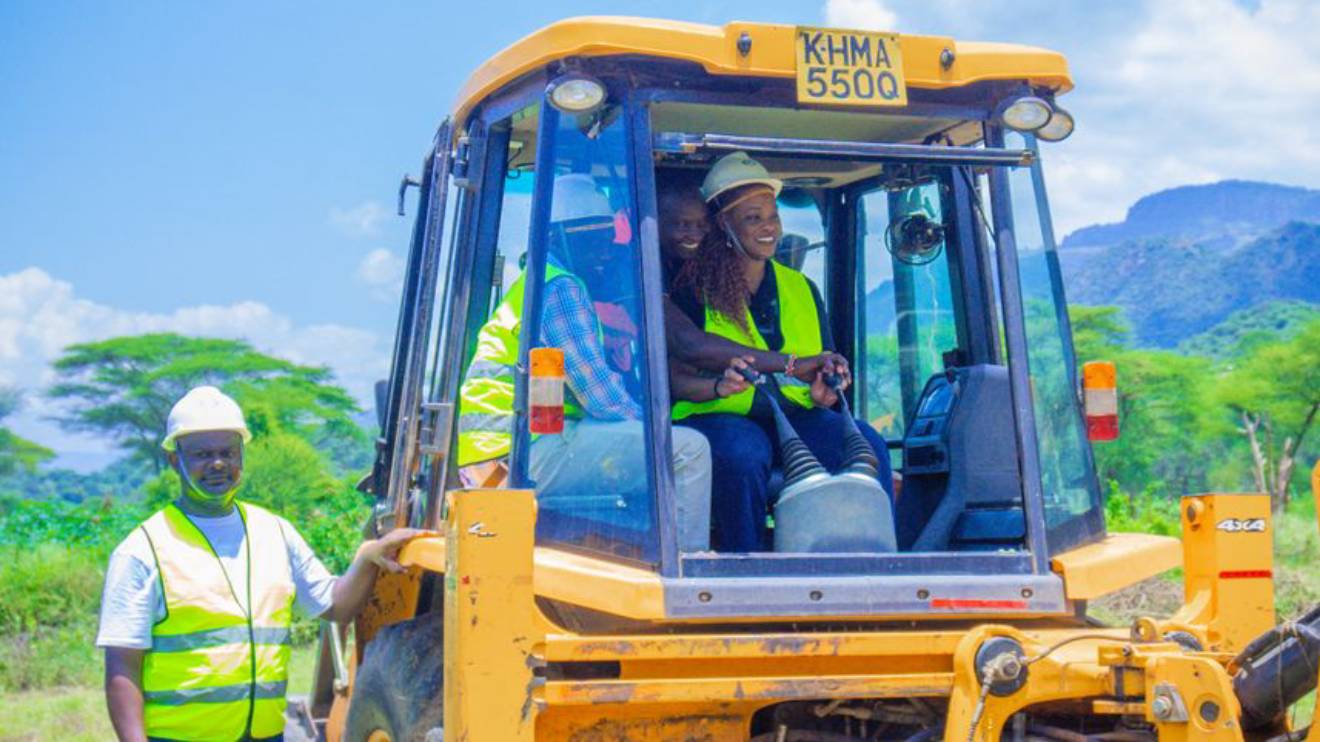
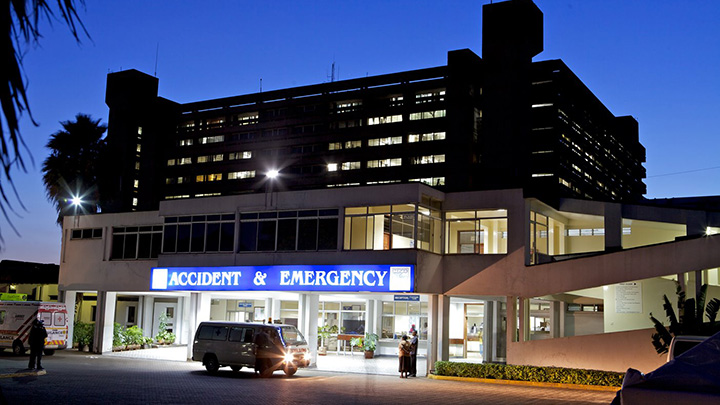
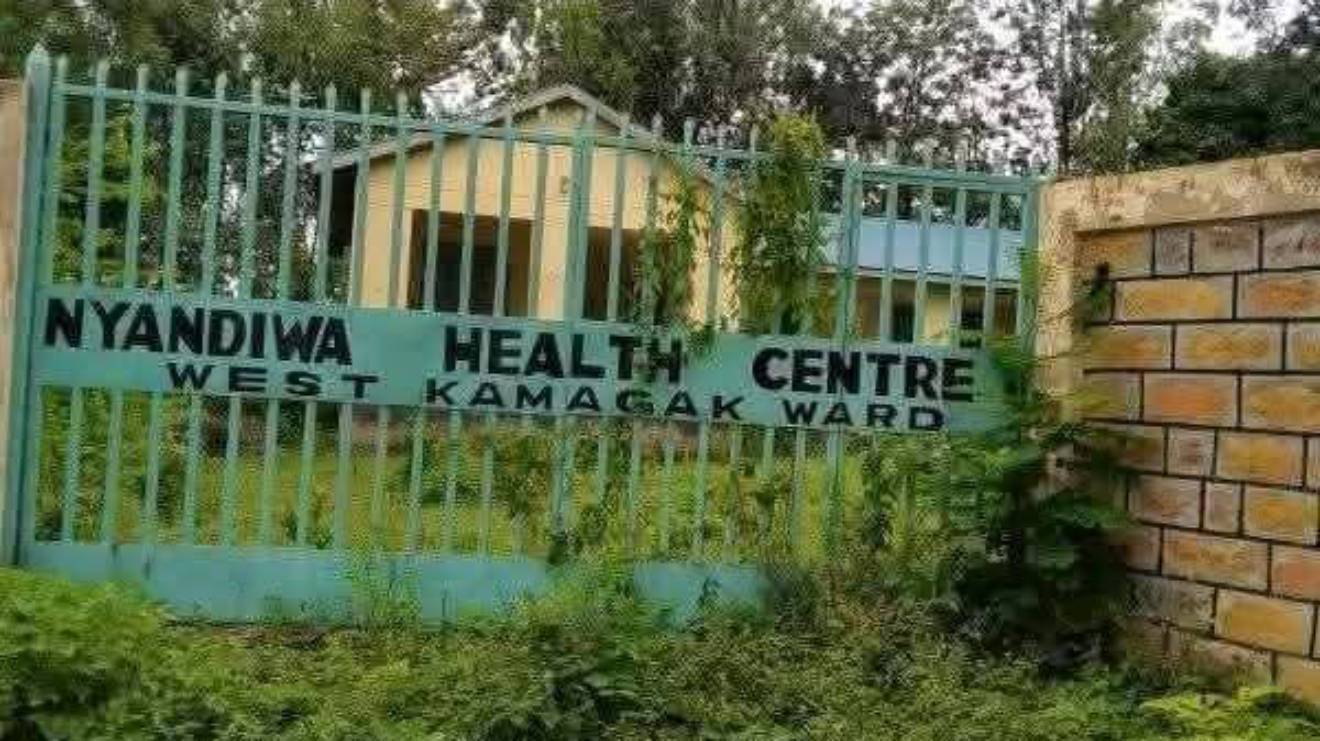
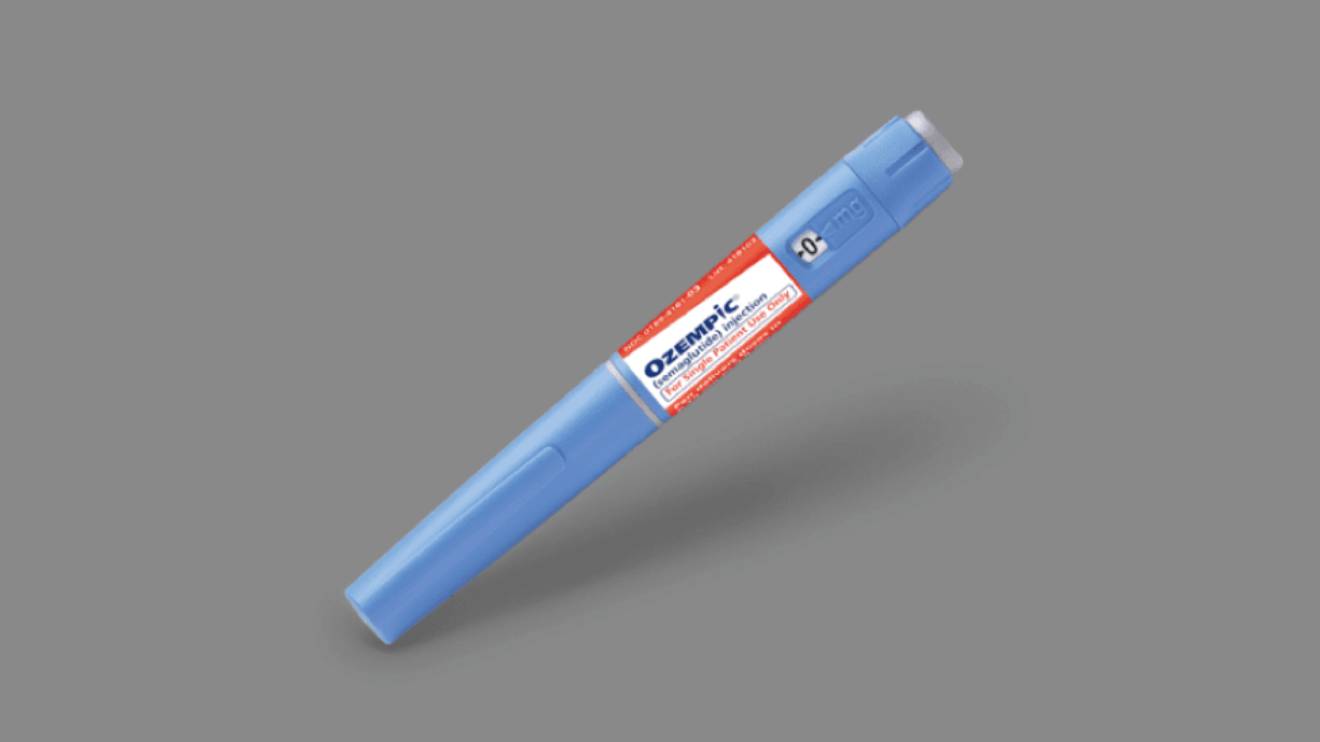
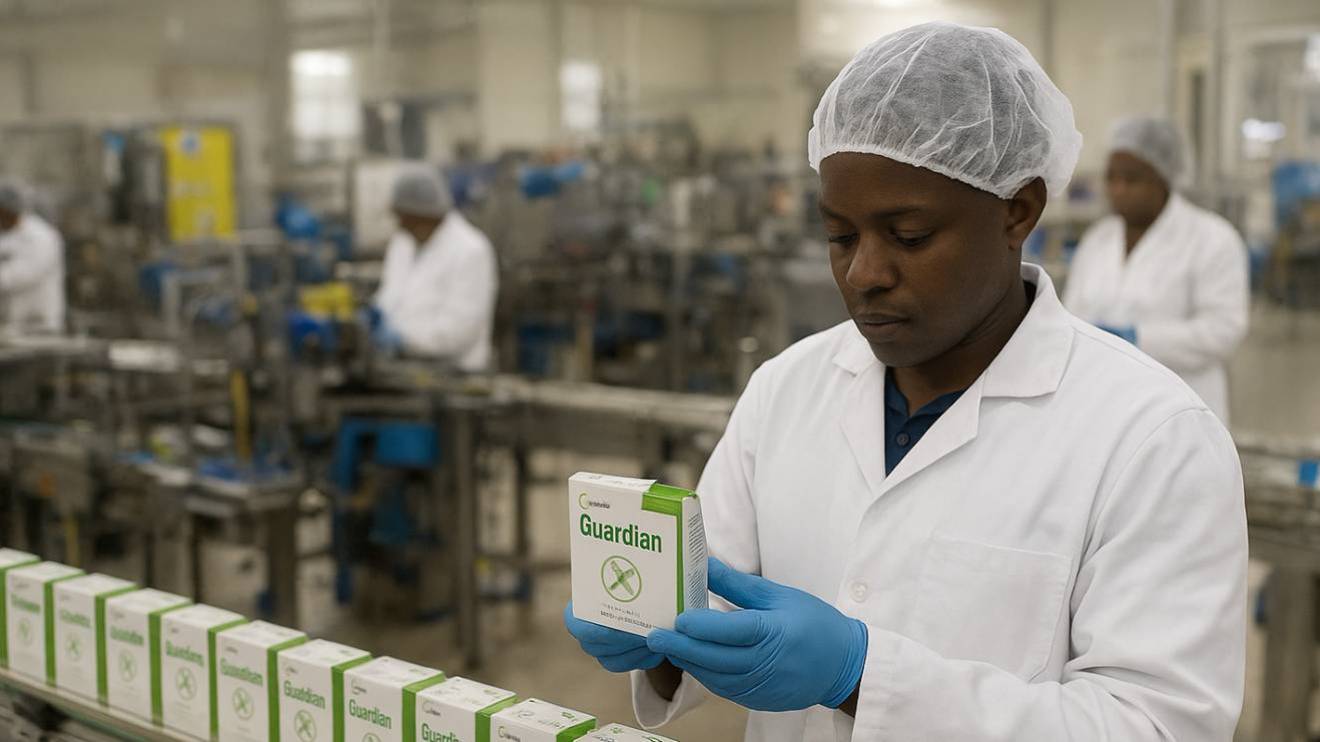
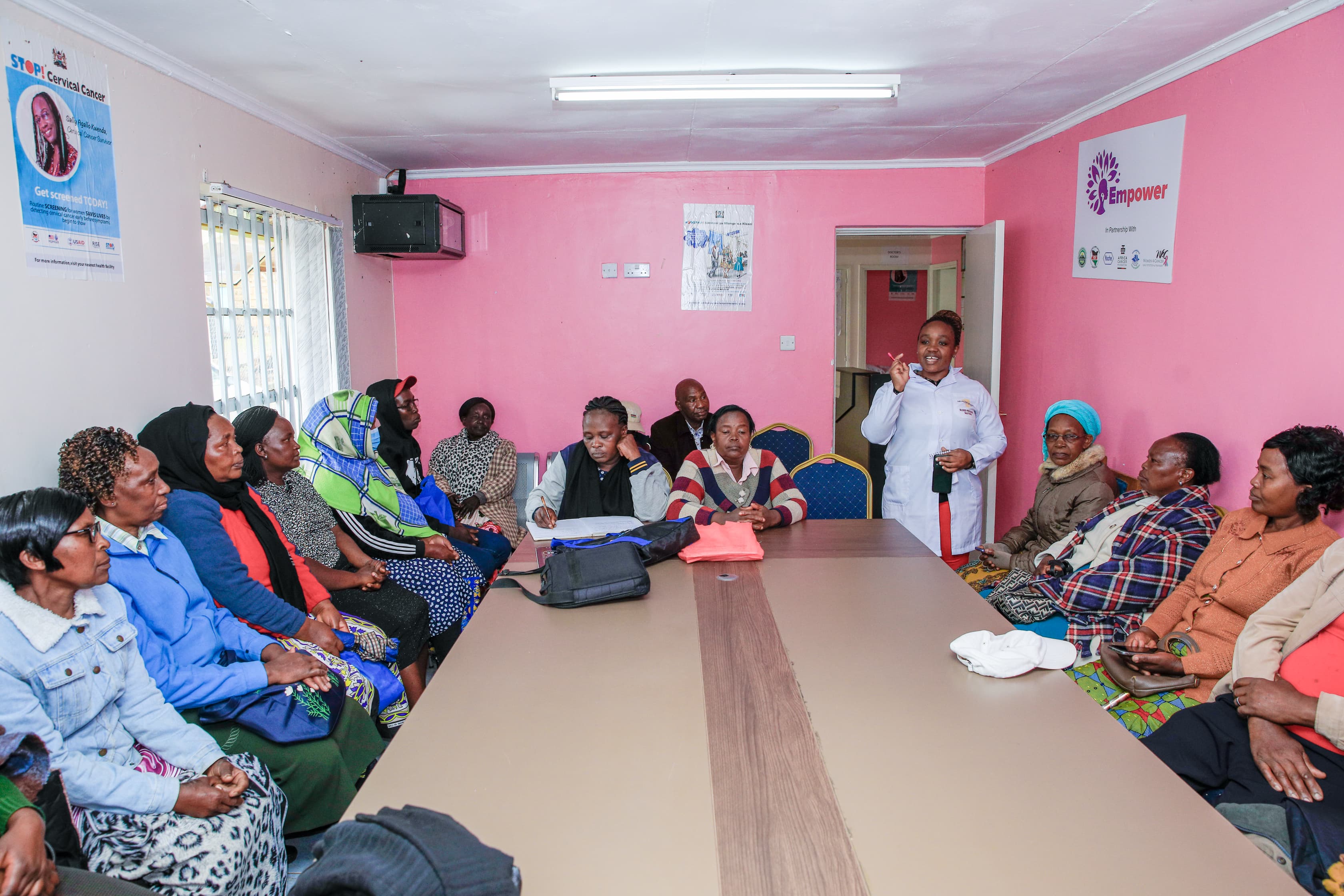
-1757101509.jpg)
